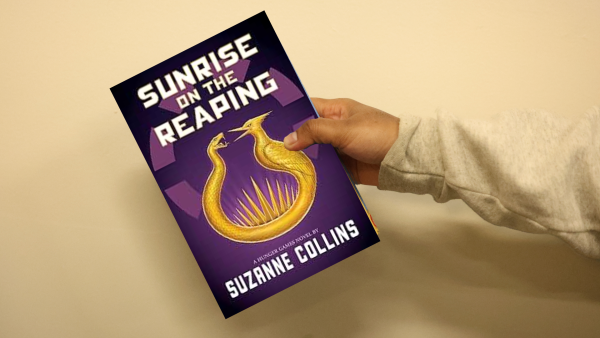Exploring a Cultural Haunting in “Sing, Unburied, Sing”
“Sometimes I think it done changed. And then I sleep and I wake up and it ain’t changed none. It’s like a snake that sheds its skin. The outside look different when the scales change, but the inside always the same.”
Jojo is the main protagonist of the novel, a young Black boy who lives with his mother, Leonie, his sister, Kayla, and grandparents, Mam and Pop. Set on a small farm in Bois Savage, Miss., in the late 1920s, Jojo realizes from a young age how quickly he is being forced to grow up. The main parental figure to his little sister in the wake of his fraught relationship with his drug-addled mother, Jojo knows things he’s too young to know. At least, that’s what his Pop tells him.
Mam, on the other hand, told Jojo of the extraordinary things he can understand, the gift that he has — the gift that lets him speak to spirits. While Jojo becomes acquainted with the ghost of another young Black boy named Richie, one with a certain connection to his grandfather, Ward parallels this haunting with Jojo’s mother, Leonie, and her own ghost — the ghost of her brother, Given.
Amongst the background of ghosts and hauntings, Leonie has just gotten the call that the father of her children, Michael, has just been released from Parchment Farms, a prison akin to a neo-slave plantation. Leonie’s past two years have been too lonely for her to bear alone, effectively making her not hesitate to grab her kids and hit the road on a trip that was immediately too packed with ghosts of the past and reminders for the future.
All in all, Jesmyn Ward’s “Sing, Unburied, Sing” is one of those books that leaves its mark long after you turn the final page. A story that doesn’t seem long enough in the moment, but so perfectly concluded the next. The more I think about it, the more I can see how the theme of a song, namely unheard voices, unburied, seems plausible.
Immediately, Ward’s frank and gruesome imagery drew me in. “I like to think I know what death is,” Jojo narrates in his perspective chapter, a declaration that is followed by a ghastly description of Pop killing and skinning a goat. Though it was not the horror of the scene that drew me in, but rather the scene that is set — one that perfectly encapsulates Jojo’s experience from the get-go. The language isn’t flowery, but honest.
Similarly, Ward does a fantastic job at switching the perspectives of the chapters at the moment when one desperately needs to see the scene from the other point of view. For example, the first chapter is Jojo’s recollection of all the ways his mother failed at being a mother, hence why he refers to her by her first name, Leonie. Then, the next chapter is in Leonie’s point of view, working through all the ways in which she is cognizant of the fact she is a less-than-capable mother. Ward plays a fascinating game of playing on the reader’s sympathies, not letting us be convinced of our love or hate for the characters she created.
Beyond the captivating story of tangled and strained family dynamics, I particularly liked the phenomenon of a cultural haunting that underlined each instance of interaction with the ghosts in this novel. Made apparent is the fact that the world is made uncomfortable by ghost stories, in particular when they remind one of a less than savory past, instances that the living should be made aware of about the dead. Richie and Given, the ghosts in this story, parallel each other in the way that they remind those they haunt of past events, but also make connections to the present day.
Ward does not shy away from social commentary. She includes instances of flagrant racism in the 1920s, mentioning lynching and police brutality, and explores how these instances then parallel current events today.













































































































































































































